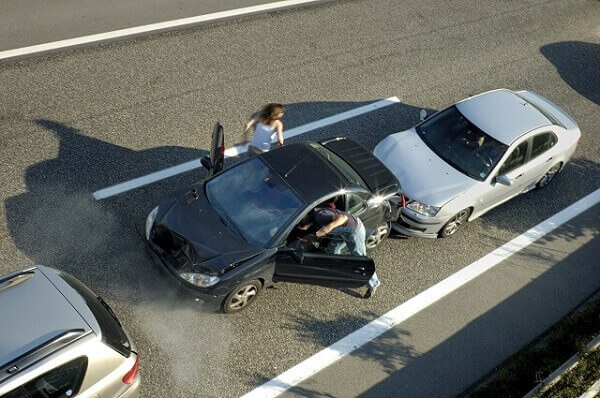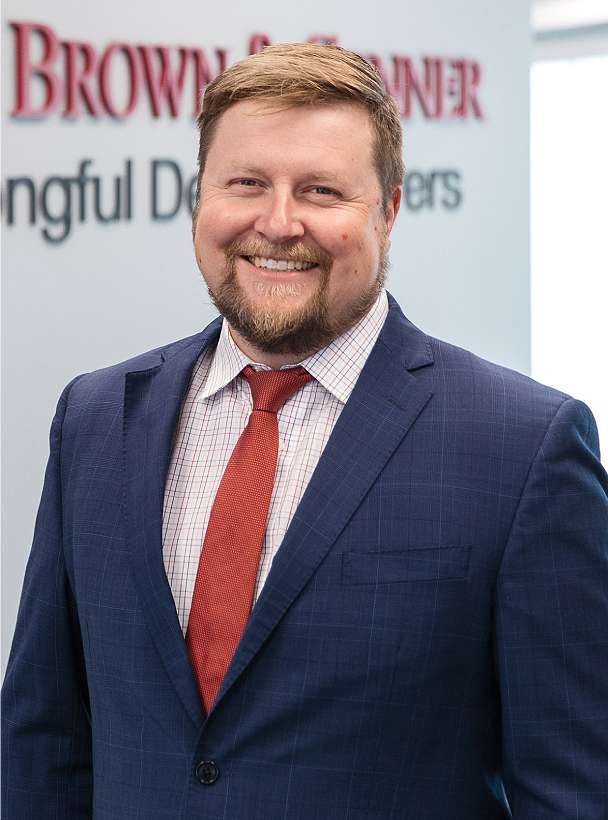Being involved in an accident with a rideshare or food delivery driver is a gray area. In some cases, you may be able to hold the company liable, while in others, it falls on the driver instead. Understanding how the law considers these cases and what it means for your injury claim is essential.
Rideshare and food delivery services are popping up around the country. They cater to those who want to either avoid driving themselves or wish to have food delivered without going to the restaurant. As this new lifestyle continues to grow, so do the number of drivers working for these companies on the streets. DoorDash’s blog bragged how they rose 250 percent in 2018, and other services using a similar model – such as GrubHub or UberEats – are also getting on board.
When working for these companies, the drivers used their vehicles and did not use any that were company-owned. However, they are working for the company. So if they were to cause an accident, who would be liable?
You may have heard in the news of accidents caused by drivers working for these companies. However, most of these accidents never make the news. So when you are involved in an accident with a driver working for one of these types of companies, you may not know what to do. These drivers are not professionally trained, and because they are often employed as independent contractors, they are not insured by the company they drive for.
What Are the Laws in Washington Regarding Rideshare and Food Delivery Companies?
Most states have recognized the risks of motorists working independently for these companies but not being insured by them. The state of Washington, for example, has enacted laws to protect passengers of rideshare vehicles along with others on the road who may be injured by a rideshare or food delivery service driver.
Washington created a law that focused on insurance requirements for these types of drivers. The law, enacted in 2015, created mandatory insurance minimums, but many critics of the bill feel that the minimums are too low to provide victims with the compensation they need after a severe accident. Right now, rideshare drivers cannot accept a fare unless they carry commercial coverage. Their commercial coverage must also meet the minimum requirement of $50,000 per person and $100,000 per accident in liability coverage. They must also carry a property damage amount of $30,000. Lastly, a $10,000 minimum in personal injury protection is required.
While these mandatory insurance minimums sound adequate, the average auto liability claim for bodily injury in 2013 was $15,443. The National Safety Council in 2017 found that the average economic cost from a motor vehicle crash was over $1,000,000 when a death occurred and just over $93,000 when a disabling injury occurred. Catastrophic motor vehicle accidents often include long term medical costs along with lost wages, emotional and mental suffering, and possibly a loss of life or shortened lifespan.
$10,000 in personal injury protection or even $50,000 in accident coverage is rarely enough to cover the payout necessary for a serious motor vehicle accident.
Can You Hold Companies Liable for the Actions of Their Independent Contractors?
Usually, when an employee causes a serious accident while on the job, it is the responsibility of the employer to pay for the losses. However, employers are not liable for the actions of independent contractors.
Drivers operating for rideshare and food delivery services are classified as independent contractors, yet they are paid thousands of dollars each month to work for these companies. While these businesses claim that their drivers are independent contractors and not employees, all of them carry insurance that protects them in the event a passenger, motorist, or pedestrian is injured in an accident with their drivers.
While they do have insurance coverage, you are not guaranteed to receive money if you file an insurance claim with these companies’ insurance program. Before you hire a rideshare service, you may notice that you must accept the liability agreement, which states that the company is not liable for your injuries. Due to recent changes in how these companies are viewed, more states like Washington are holding these companies accountable for the actions of their drivers, regardless of if they are independent contractors.
If the driver is on their way to deliver or pick up a party, the company may not pay on an insurance claim. However, if the driver is in the middle of taking a fare to a location or a food delivery driver has already picked up the food and is on their way to the client’s residence, these companies may pay for accidents caused by their drivers.
How to Protect Yourself When in an Accident with a Driver From Uber, Lyft, DoorDash, GrubHub, and Uber Eats
If you are involved in an accident with an independent contractor who is working for one of these types of delivery or rideshare services, you may be able to sue the company for your injuries and damages. There are those exceptions where the driver’s direct misconduct or your contribution may limit your settlement. Also, if the driver was not actively working for the company at the time of the accident, then you cannot hold the company liable for their actions.
The best way to ensure you get the compensation you deserve is to gather as much information as you can, immediately after the accident. Record all information at the accident scene, including which company the driver was working for, their insurance information, their driver’s license and address, and whether they were in the middle of conducting business for one of these companies.
Large insurance companies working for businesses like these always try to find a way to limit how much they payout on these claims. To protect yourself, you should also:
- Seek medical attention right away – even if you feel okay at the moment;
- Follow all advice from your doctor for treatment and follow-ups;
- Never admit fault or say “sorry” at the scene of the accident;
- Get a police report at the accident and obtain an official copy from your local precinct; and
- Meet with an accident attorney.
If you or a loved one was injured in a motor vehicle accident involving a rideshare or food delivery driver, do not assume that you cannot receive compensation. Instead, schedule a free case evaluation with Brett McCandlis Brown & Conner, PLLC, now.
Call us now or request more information online.


